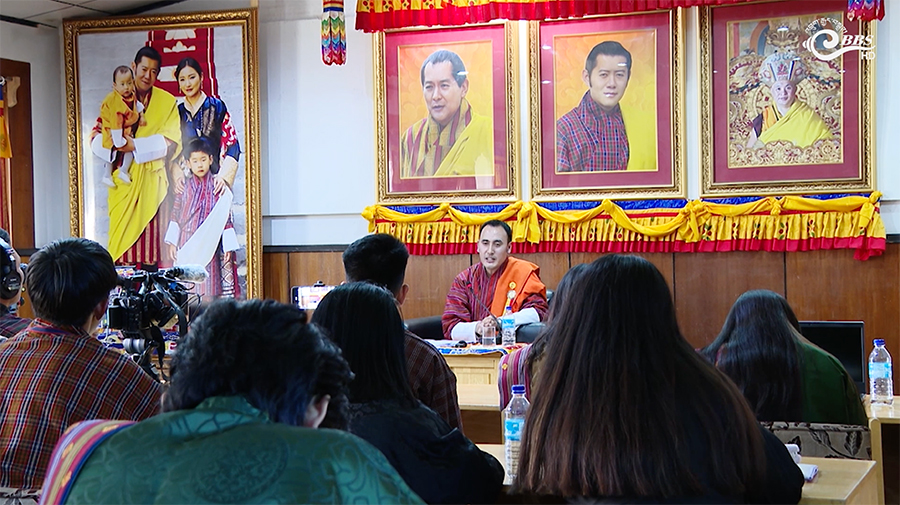 The implementation of the Economic Stimulus Programme (ESP), though in its early phase, is showing promising progress. According to the Minister for Industry, Commerce and Employment, this is an encouraging sign. The minister, during the Meet the Press session, stated that the ESP has made notable headway in agriculture and livestock, the creative industry, job creation, and youth skill development, among other areas.
The implementation of the Economic Stimulus Programme (ESP), though in its early phase, is showing promising progress. According to the Minister for Industry, Commerce and Employment, this is an encouraging sign. The minister, during the Meet the Press session, stated that the ESP has made notable headway in agriculture and livestock, the creative industry, job creation, and youth skill development, among other areas.
As of May this year, the Bhutan Development Bank Limited, BDBL has disbursed nearly Nu 970 M to 1,354 applicants.
This financial assistance has spurred business growth and boosted domestic production.
 It has supported the establishment of over 1,160 ventures in agriculture and livestock, about 170 new cottage and small industries, and 19 new medium industries.
It has supported the establishment of over 1,160 ventures in agriculture and livestock, about 170 new cottage and small industries, and 19 new medium industries.
The minister said, “We have engaged close to 10,900 youths across various initiatives such as Youth Engagement and Livelihood Programme (YELP), where they were given skills and experience. Through the De-suung Skilling Programme (DSP), 8860 youths were engaged, and 70 youths through One Gewog One Product (OGOP), contributing to job creation and skills development.”
The minister also highlighted that over 160 farming households in seven districts are being supported to increase pork and chicken production. Additionally, over 1,800 farming households from 12 districts are benefiting from the cultivation of staple crops such as rice, wheat, maize, and quinoa.
The programme has also significantly boosted the creative industry, contributing to the promotion of the tourism sector.
“We have disbursed a total of Nu 20 M to the creative industry. This has involved 61 lead artists, 305 supporting artists, and the production of 156 content pieces. So far, Nu 19.62 M has been utilised. Ten documentaries focusing on culture, communities, gastronomy, traditional knowledge, and cultural expressions were produced, worth Nu 3.9 M. These are vital for the tourism industry,” the minister added.
Moreover, the programme also supported talk shows, vlogs on tourism and lifestyle content, as well as capacity development of artists in the creative industry.
The minister added that investments in content creation are already yielding economic returns through viewer-generated revenue on platforms like YouTube and TikTok.
Out of the Nu 15bn ESP fund, around Nu 12.5bn has already been allocated to the BDBL, RMA, and other relevant agencies for the current and upcoming financial years. The minister said that the release of ESP funds is strictly governed by existing financial rules and regulations to ensure proper use.
The ESP Steering Committee is currently reviewing the possibility of reallocating the remaining funds in high-demand investment areas.
Sonam Yuden
Edited by Phub Gyem







